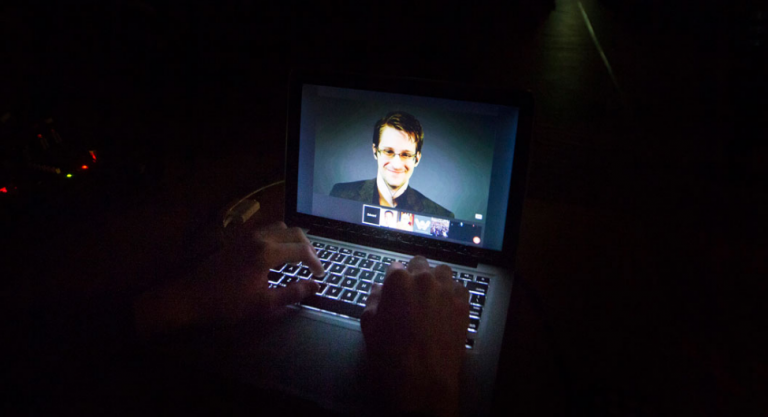Two weeks after leaving her position as an intelligence analyst for the U.S. National Security Agency in 2014, Lori Stroud was in the Middle East working as a hacker for an Arab monarchy.
She had joined Project Raven, a clandestine team that included more than a dozen former U.S. intelligence operatives recruited to help the United Arab Emirates engage in surveillance of other governments, militants and human rights activists critical of the monarchy.
Stroud and her team, working from a converted mansion in Abu Dhabi known internally as “the Villa,” would use methods learned from a decade in the U.S intelligence community to help the UAE hack into the phones and computers of its enemies.
Stroud had been recruited by a Maryland cybersecurity contractor to help the Emiratis launch hacking operations, and for three years, she thrived in the job. But in 2016, the Emiratis moved Project Raven to a UAE cybersecurity firm named DarkMatter. Before long, Stroud and other Americans involved in the effort say they saw the mission cross a red line: targeting fellow Americans for surveillance.

“I am working for a foreign intelligence agency who is targeting U.S. persons,” she told Reuters. “I am officially the bad kind of spy.”
The story of Project Raven reveals how former U.S. government hackers have employed state-of-the-art cyber-espionage tools on behalf of a foreign intelligence service that spies on human rights activists, journalists and political rivals.
Interviews with nine former Raven operatives, along with a review of thousands of pages of project documents and emails, show that surveillance techniques taught by the NSA were central to the UAE’s efforts to monitor opponents. The sources interviewed by Reuters were not Emirati citizens.
Read more HERE
Ask me anything
Explore related questions





